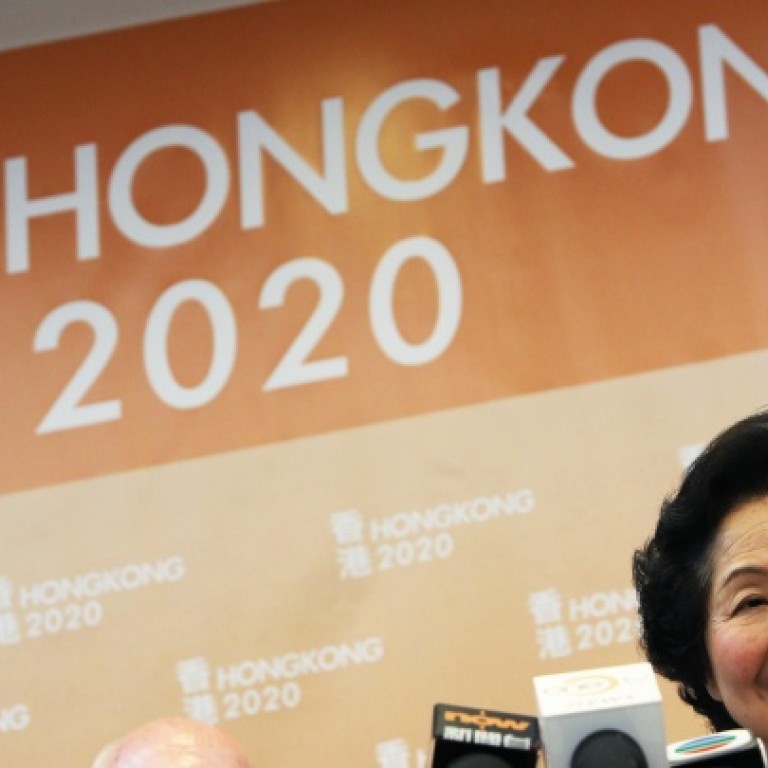
Anson Chan's misleading view of Britain's colonial influence on policy
Michael Chugani says Anson Chan shouldn't let nostalgia for the British era cloud her view of doing what is best for Hong Kong
How true is it that, during colonial rule, our policymakers always placed the interests of Hong Kong above British interests? Former chief secretary Anson Chan Fang On-sang insists Hong Kong policymakers were not required to consider British reaction. That, of course, is misleading at best and nonsense at worst.
Let's remind her of the tens of thousands of Vietnamese boatpeople who swamped Hong Kong, starting in the late 1970s. The city simply couldn't cope. Taxpayers fumed at having to house and feed them. Local politicians wanted to shut the door to more. But Britain cared only about projecting a compassionate image. It ordered Hong Kong to be a port of first asylum. Then it washed its hands of the mess. Countries such as the US, Australia and Canada eventually resettled many of the refugees.
Chan has mocked Chief Executive Leung Chun-ying's new directive that future policymaking should factor in mainland reaction as a departure from the norm during British rule. She is right. Our British rulers had no similar black-and-white directive. A directive to consider British reaction would have been superfluous. All the top policymakers were British civil servants. The bosses of Jardines, HSBC, and the commander of British forces had seats in the Executive Council - Hong Kong's top policymaking body. The British hongs virtually ran Hong Kong, reaping great profits. What was the need for a directive when British interests were already built-in?
Let's also remind Chan that Britain slapped an annual HK$1 billion-plus bill on Hong Kong to station an oversized garrison here. Tamar was a totally restricted military zone off-limits to locals. Yet here we are protesting that the PLA, which, incidentally, we do not have to pay for, wants to make Tamar a restricted area just part of the time.
Britons could freely enter, live and work in Hong Kong indefinitely but Hongkongers had no reciprocal rights in Britain. British civil servants had far better housing and other perks than locals of similar rank, which Chan should know well because she too was on the receiving end of this unfairness.
Leung's directive to consider mainland sentiments in policymaking came after he made several controversial decisions: a zero quota for mainlanders having babies here, a hefty stamp duty on flats to discourage mainland buyers, a crackdown on parallel goods traders, and a two-can limit on baby milk powder for outbound travellers. He did all this due to public pressure. All four policy decisions placed local interests above mainland interests. Yet, instead of applause, he's getting boos.
Yes, as Chan says, Leung needs to explain more clearly his directive. Hongkongers rightly worry that it suggests he'll let mainland sentiments sway future policymaking. But his track record so far shows otherwise. He is sticking to all those measures despite howls from mainlanders and certain legislators.
It's fine for Chan to be nostalgic about colonial rule. That's her right. I am not a Leung lackey or defender. But what's so wrong with gauging the widest possible reaction in policymaking? Must we always beat up on the man whatever he does?

